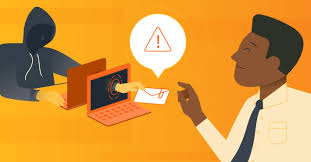this post was submitted on 24 Dec 2023
22 points (80.6% liked)
cybersecurity
3248 readers
3 users here now
An umbrella community for all things cybersecurity / infosec. News, research, questions, are all welcome!
Community Rules
- Be kind
- Limit promotional activities
- Non-cybersecurity posts should be redirected to other communities within infosec.pub.
Enjoy!
founded 1 year ago
MODERATORS
you are viewing a single comment's thread
view the rest of the comments
view the rest of the comments

E-mail is a lingua franca. It's used not because it's superior, but because you don't have to worry about whether your recipient is using the right software setup to receive your message. It's the lowest common denominator of internet messaging and can only be replaced in that role by a new lowest common denominator.